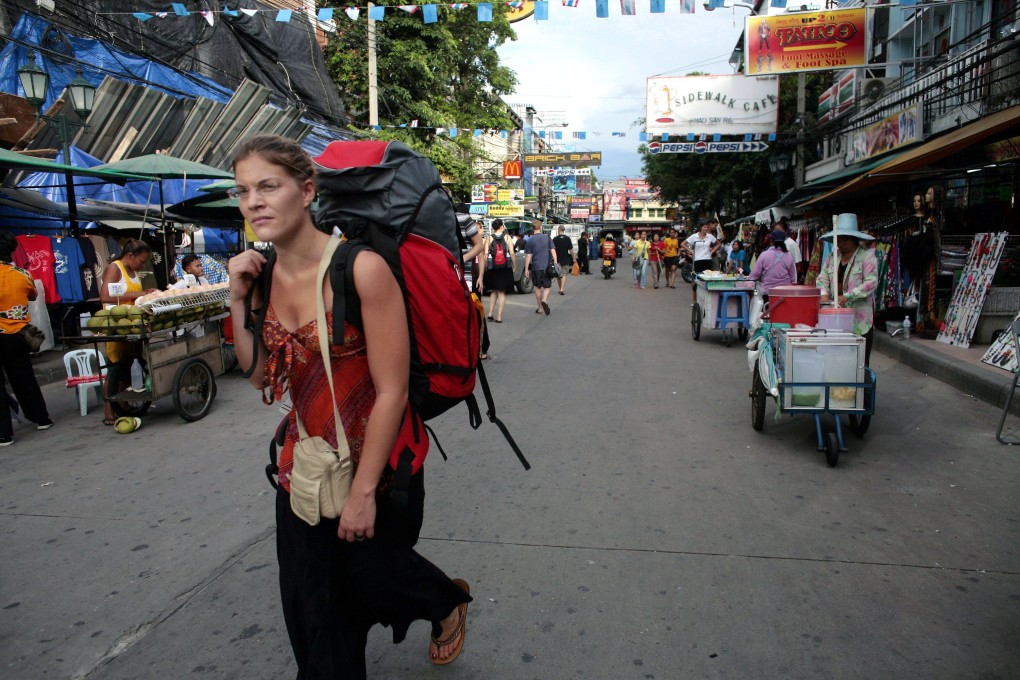Destinations known | Bali to ban backpackers? No, but ‘quality tourism’ comments ruffle feathers, and reopening regulations may put off budget travellers anyway
- A minister corrected his remark that backpackers would be barred from Bali after it reopened, but the insinuation that such travellers are undesirable remained
- With the island’s reopening likely to be accompanied by strict tests and quarantines, it may be that only the rich will be able to afford to visit it anyway

The big news – that Bali’s long-awaited reopening has been slated for October, if Covid-19 cases continue to decline – has been overshadowed by a throwaway comment made by Indonesia’s coordinating minister of maritime affairs and investment, Luhut Pandjaitan, during a recent visit to the island.
“We’ll aim for quality tourism in Bali, so we won’t allow backpackers to enter once the reopening plan for international travellers is officially put in place in the near future,” Luhut said on September 10, according to online outlet The Bali Sun.
Naturally, news travelled faster than a budget traveller in search of a bargain at an Ubud market, prompting Luhut’s spokesman to issue a correction of sorts. Apparently his boss hadn’t really meant that backpackers would be banned, rather that “visitors who violate health rules and regulations, laws and immigration regulations in Indonesia” would not be tolerated, the Lonely Planet reported.
Reporting on the TAT’s campaign in 2017, the Bangkok Post acknowledged that “the move is part of measures to cope with the China market”, which at the time was made up of many “zero-dollar tours”, then the bane of Asia’s tourism industry. Run by Chinese-owned proxy companies, these are low-priced package deals known for injecting little into the local economy and recognisable for their busloads of daytrippers, many of whom are pressured into buying expensive gifts and services, the profits from which flow to Chinese business owners.

